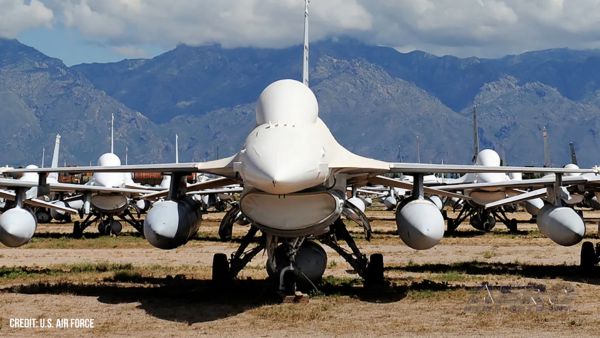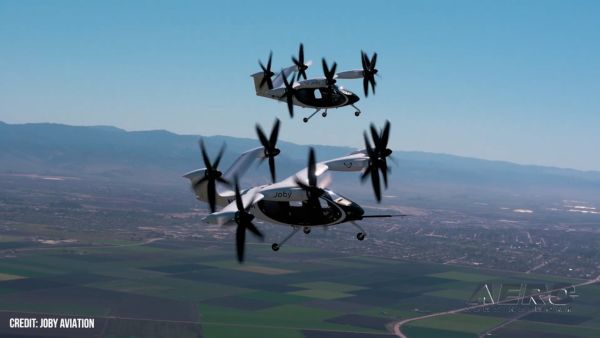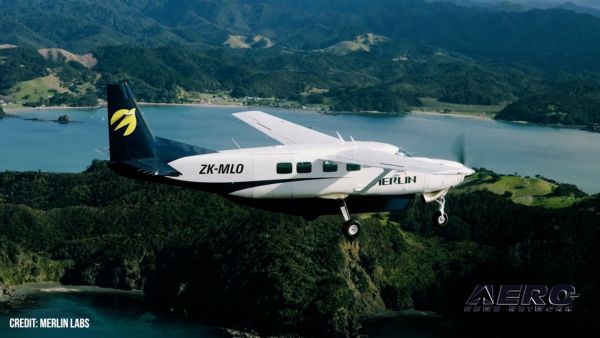Sat, Mar 13, 2010
Partner Nations Meet In Tokyo To Discuss Cooperative
Effort
At a meeting Thursday of the heads of the space agencies from
the nations partnering in the International Space Station program,
the group reaffirmed the importance of full exploitation of the
station's scientific, engineering, utilization, and education
potential. They noted that there are no identified technical
constraints to continuing ISS operations beyond the current
planning horizon of 2015 to at least 2020, and that the partnership
is currently working to certify on-orbit elements through 2028.
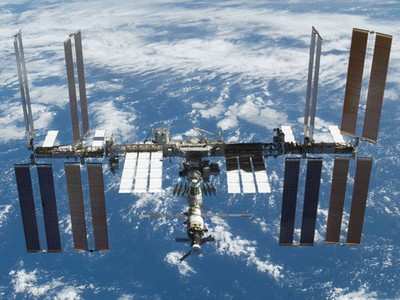
With the assembly of the ISS nearing completion and the
capability to support a full-time crew of six established, the
heads of the International Space Station (ISS) agencies from
Canada, Europe, Japan, Russia, and the United States met in Tokyo,
Japan, to review ISS cooperation. They noted the outstanding
opportunities now offered by the ISS for on-orbit research and for
discovery including the operation and management of the world's
largest international space complex. In particular, they noted the
unprecedented opportunities that enhanced use of this unique
facility provides to drive advanced science and technology. This
research will deliver benefits to humanity on Earth while preparing
the way for future exploration activities beyond low-Earth orbit.
The ISS will also allow the partnership to experiment with more
integrated international operations and research, paving the way
for enhanced collaboration on future international missions.
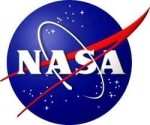 The heads of agency expressed their strong mutual interest in
continuing operations and utilization for as long as the benefits
of ISS exploitation are demonstrated. They acknowledged that a U.S.
fiscal year 2011 budget consistent with the U.S. administration's
budget request would allow the United States to support the
continuation of ISS operations and utilization activities to at
least 2020. They emphasized their common intent to undertake the
necessary procedures within their respective governments to reach
consensus later this year on the continuation of the ISS to the
next decade.
The heads of agency expressed their strong mutual interest in
continuing operations and utilization for as long as the benefits
of ISS exploitation are demonstrated. They acknowledged that a U.S.
fiscal year 2011 budget consistent with the U.S. administration's
budget request would allow the United States to support the
continuation of ISS operations and utilization activities to at
least 2020. They emphasized their common intent to undertake the
necessary procedures within their respective governments to reach
consensus later this year on the continuation of the ISS to the
next decade.
In looking ahead, the heads of agency discussed the importance
of increasing ISS utilization and operational efficiency by all
possible means, including finding and coordinating efficiencies
across the ISS Program and assuring the most effective use of
essential capabilities, such as space transportation for crew and
cargo, for the life of the program.
More News
Execute Missed Approach Instructions issued to a pilot making an instrument approach which means continue inbound to the missed approach point and execute the missed approach proce>[...]
Aero Linx: British Helicopter Association (BHA) The BHA promotes the compliant, safe and considerate use of rotorcraft throughout the UK. Its activities are directed by a Council o>[...]
During An Aerial Application Flight, The Engine Lost Power And The Airplane Began To Descend Analysis: The pilot reported that, during an aerial application flight, the engine lost>[...]
Also: AMA Names Tyler Dobbs, More Falcon 9 Ops, Firefly Launch Unsuccessful, Autonomous F-16s The Air Force has begun ground testing a future uncrewed jet design in a milestone tow>[...]
Aero Linx: HeliOffshore HeliOffshore is the global, safety-focused association for the offshore helicopter industry. Our mission is to lead a collective safety conversation, identi>[...]
 ANN's Daily Aero-Term (05.12.25): Execute Missed Approach
ANN's Daily Aero-Term (05.12.25): Execute Missed Approach ANN's Daily Aero-Linx (05.12.25)
ANN's Daily Aero-Linx (05.12.25) NTSB Final Report: Piper PA-36-375
NTSB Final Report: Piper PA-36-375 Airborne-NextGen 05.06.25: AF Uncrewed Fighters, Drones v Planes, Joby Crew Test
Airborne-NextGen 05.06.25: AF Uncrewed Fighters, Drones v Planes, Joby Crew Test ANN's Daily Aero-Linx (05.13.25)
ANN's Daily Aero-Linx (05.13.25)


